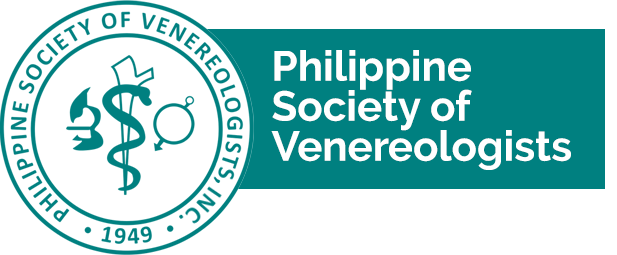
“Oh wow! Anong nangyari sa mga kamay nyo?!” I blurted out to my male patient in his late 20s who came to my dermatology clinic with dry, erythematous, scaly and excoriated hands.
”Dra, na-allergy ako sa gloves ko,” he declared.
“Bakit? Ano ba ang trabaho mo?” I asked. He said he is a janitor in the ‘number 1’ call center in the Philippines and he uses rubber gloves every time he does his cleaning. But I further asked why his contact dermatitis is so severe and how long has this condition been?
“Dra, bago pa lang po ako sa kumpanya. Isang linggo palang po ako nagta-trabaho don. Suot ko lagi yung gloves ko dahil araw-araw at buong maghapon po akong naglilinis ng banyo.” he said.
“Ha?? Ganon ba kalaki ang CR nila at kailangang maghapon mong lilinisan?” I asked in bewilderment.
“Dra, palagi kasing nagbabara ang banyo ng mga lalaki. Sa tuwing dinudukot ko ang mga bara, puno ng condom ang mga toilet bowls! Hindi pa itapon sa basurahan … eh ganun din. Makikita ko pa rin naman. Pinahirapan pa ako. Magre-resign na nga ako don pagkatapos nyo kong pagalingin!” My jaw dropped to the floor.
Perhaps, I had a glimpse of the so-called “Call Center Culture” for the first time. After my patient left me, I opened my tablet and started browsing about their life. In some ways, these people are living in a different ‘planet’. They have their own world, their own time zones and they can only socialize with other call center workers. They are isolated from the “normal” population which most of them have accepted that fact and embraced the feeling of liberation that surrounds it. The call center industry has a reputation for permissiveness absorbing the culture of the West whom they serve. Besides all the drugs, doping, drinking and smoking, some workers take advantage of employer-provided napping rooms to do more than just nap. There are a lot of incidents where they get caught in the sleeping quarters, fire exit, bathrooms or showers, having sex, some with one-night stand set up, Friends with benefits (Fu-Bu) arrangement or partner switching. They said it is a part of the culture now. They call it the call center culture.
Ten (10) years ago, the Department of Health reported one HIV positive case per month but look at how far it has escalated. In April 2017, DOH released their latest data and stated that, 629 persons, most of whom are millennials, were diagnosed with the Human Immunodeficiency Virus (HIV). More than 80% or 513 of those diagnosed with the virus belong to the 15 to 34 age group. Out of the 609 who acquired the virus through sexual contact, 343 or more than half are men who have sex with men. Data provided by the DOH only involves those who got tested. What about those who opted not to? It’s just the tip of the iceberg … the numbers may go higher. It is believed that the call center culture promoted this.
As a review, these are the current Program activities of the Department of Health with regards to the prevention and fight against stigma and discrimination on HIV/STI.
- Availability of free voluntary HIV Counseling and Testing Service;
- 100% Condom Use Program (CUP);
- Peer education and outreach;
- Multi-sectoral coordination through Philippine National AIDS Council (PNAC);
- Empowerment of communities;
- Community assemblies and for a to reduce stigma;
- Augmentation of resources of social Hygiene Clinics; and
- Procured male condoms distributed as education materials during outreach.
They are laudable and commendable but why is the epidemic not stopping? Why do cases kept on rising every quarter? We have the tools. All we need is more focus to intensify our campaign and be more aggressive in the implementation of our programs. We have to identify and enhance existing HIV service delivery models that best reach out to Men having sex with Men (MSM) and People who Inject Drugs (PWID) groups having low access and utilization of services or are hardly reached by current prevention programs. We have to increase the demand and utilization by MSM and PWID for these enhanced services. And lastly, capacitate local service providers and partner organizations in implementing, managing and sustaining a comprehensive package of services on HIV/STI prevention and management.
As medical practitioners, we have a pivotal role in this impending epidemic. As an individual, let’s ask ourselves, in our own personal capacity … WHAT CAN WE DO TO HALT THE PROGRESSION OF THE SPREAD OF HIV? Formulate those steps in mind and take action. Our day to day contribution towards this endeavor may be small, but it will definitely send ripple effects in our own communities and then soon … the world.
